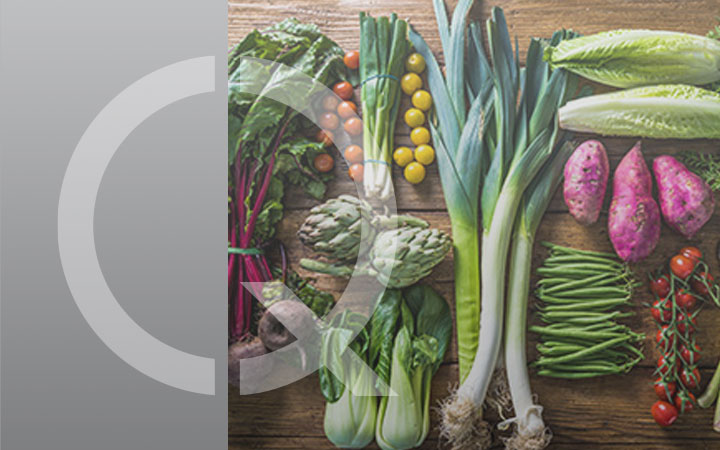
WHAT IS THAT
The IOAS (International Organic Accreditation Services) is an internationally applicable standard developed by IFOAM – Organics International, the world federation of organic organizations and movements.The Standard is based on the IFOAM Principles of Organic Agriculture:
- Ecology
- Health
- Justice
- Treatment.
FIELD OF APPLICATION OF THE IFOAM STANDARD
Organic agriculture consists of a global approach based on a set of processes resulting in:- sustainable ecosystem
- safe food
- good nutrition
- animal welfare
- social justice
IFOAM – Organics International defines organic agriculture as “ a production system that supports the health of soils, ecosystems and people. It is based on ecological processes, biodiversity and cycles adapted to local conditions, rather than on the use of production factors with harmful effects. Organic agriculture combines tradition, innovation and science for the benefit of the shared environment and in order to promote fair relationships and quality of life for all involved ”.
The IFOAM Standard covers the general organic management areas:
- plant production
- animal production (including beekeeping
- aquaculture
- spontaneous collection
- transformation and manipulation
- the labelling
- social justice
The IFOAM standard complements all other relevant legal requirements including European regulations and national standards for organic farming.
ADVANTAGES
The IFOAM Standard is designed to be used by companies that want to be certified according to an internationally recognized and respected standard, enhancing the commitment and consistency with the IFOAM principles of Organic Agriculture, respecting more stringent requirements than those of the law on:- Biodiversity
- Animal Welfare
- Social Justice
- Education and training
- Research and innovation
- Support to the wider community and to the local community
- Strengthening rural development
Fee information is available upon request.